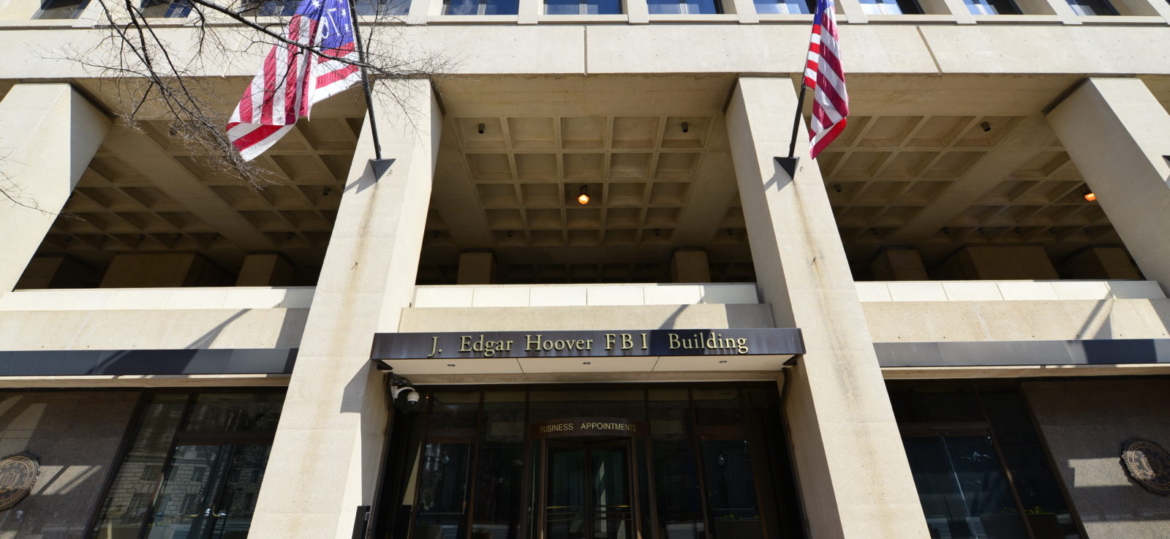
President Trump’s firing of James Comey, the 7th director of the F.B.I., was an abuse of power. Republicans — Republican lawmakers and especially the congressional leadership — need to say so. But that is hardly enough.
Words must be followed by actions. At a minimum, Republicans must insist on a congressional select committee or independent commission to investigate Russian influence in the 2016 presidential election and any collusion between the president, his associates or campaign officials and Vladimir Putin’s Russia. What is now in the shadows needs to be brought into the light.
Among the reasons we can confidently conclude that the president abused his power is that the White House’s explanation for the expulsion of Mr. Comey was transparently false, even ludicrous. The reason the Trump administration gave for firing Mr. Comey this year is the exact same reason for which Mr. Trump praised Mr. Comey last year: the former F.B.I. director’s handling of the investigation into Hillary Clinton’s email server.
Based on his repeated public comments lacerating Mrs. Clinton and praising Mr. Comey for reopening the investigation in October, there is no disputing the fact that Mr. Trump personally rejects the core arguments that his aides are now giving for his firing of the F.B.I. director: that Mr. Comey overstepped his role; that he disclosed information critical of Hillary Clinton in July when the F.B.I. closed its investigation; and that he overstepped again when he reopened and re-closed the investigation right before Election Day. In fact, Mr. Trump’s animus toward Mrs. Clinton was so deep that he endorsed the “lock her up” chants from his supporters and declared that “she has to go to jail.”
The president wanted Mr. Comey fired all right, but for reasons other than the one that was publicly stated. It does not require great detective skill to see that there is something else is going on here and that the something else involves the F.B.I.’s investigation into whether the Trump campaign colluded with Russia. Indeed, in his letter informing Mr. Comey that he was fired, the president did not mention Mr. Comey’s handling of Mrs. Clinton’s email, but he did mention that Mr. Comey has told him personally not once, not twice, but three times that he wasn’t the subject of the F.B.I.’s investigation. (In fairy tales this is known as “the power of three.”)
Like so much else about the Russia story, this is meant to forestall whatever storm is coming. For the record, it was in March that Mr. Comey confirmed in a congressional hearing that the F.B.I. was investigating links between Trump associates and the Russian government. It was at this same hearing that Mr. Comey testified that he had “no information” to support Mr. Trump’s claim that Barack Obama had Trump Tower wiretapped. In retrospect it’s amazing that Mr. Comey lasted as long as he did.
It’s also worth pointing out that the ostensible reason for the firing was, according to Deputy Attorney General Rod Rosenstein, “restoring public confidence in the F.B.I.” That was the subject line of Mr. Rosenstein’s memorandum to Attorney General Sessions, which was, remarkably, released to the public. If “restoring public confidence in the F.B.I.” was ever really the intention, Mr. Trump’s termination of Mr. Comey has had the opposite effect.
Nothing, then, is as it appears.
What happened on Tuesday is unprecedented, a word I don’t use lightly. Never in our history has the president of the United States fired the director of the F.B.I. while the president’s associates and campaign aides were under investigation by the F.B.I. (Richard Nixon’s firing of Archibald Cox involved dismissing a special prosecutor, not an F.B.I. director.)
A powerful, independent person Mr. Trump did not appoint and whose investigation he clearly feared has been summarily fired. Given his volatility and vindictiveness, his Nietzschean ethic and his overpowering narcissism, this is exactly what one would expect of Mr. Trump.
The fear many Trump critics have had is that he is, as I put it just after the inauguration, a transgressive personality and a man of illiberal tendencies who was unlikely to be contained by norms and customs. He would not use power benevolently but unwisely, recklessly, and in ways that would undermine our democratic institutions and faith in our government.
In firing James Comey, that is precisely what Donald Trump did.
The independence and integrity of the F.B.I. are the most recent casualties of President Trump’s careless assault on our governing institutions. They will not be the last. A few Republican politicians know this. Senator Ben Sasse of Nebraska, for example, called the timing of Mr. Comey’s firing “very troubling.” But he and a couple of others are the honorable exceptions.
The Republicans who have so far stood in lock step with Mr. Trump, defending him at every turn, need to ask themselves whether they want to continue to be complicit in this institutional assault. By now it should be clear to them that having Donald Trump’s back will cost them their integrity.
It’s not worth it.
Peter Wehner, a senior fellow at the Ethics and Public Policy Center, served in the previous three Republican administrations and is a contributing opinion writer.

